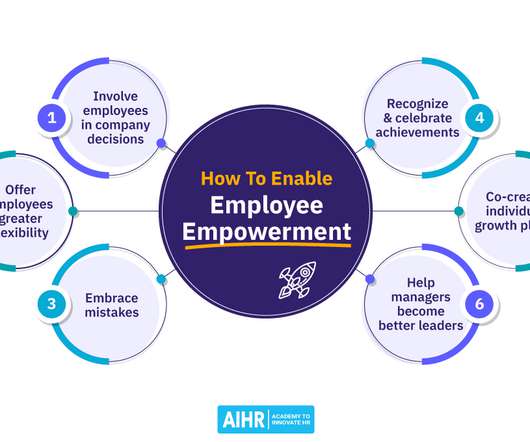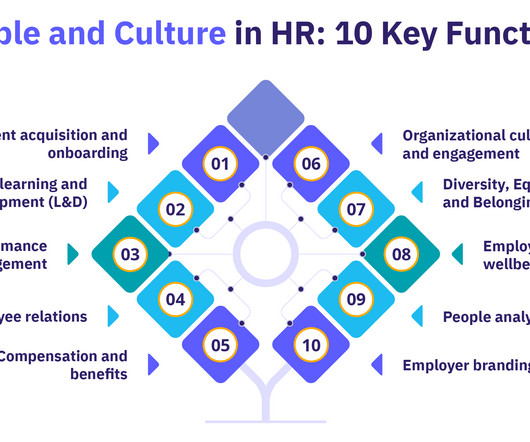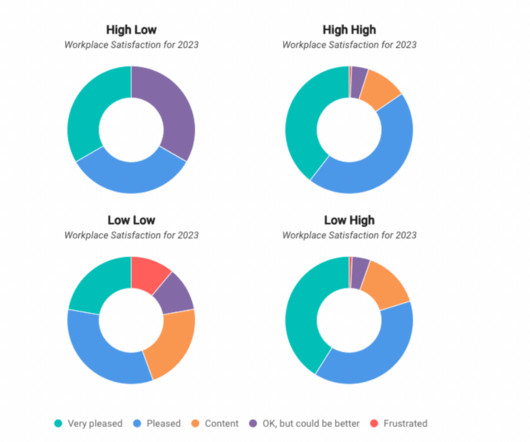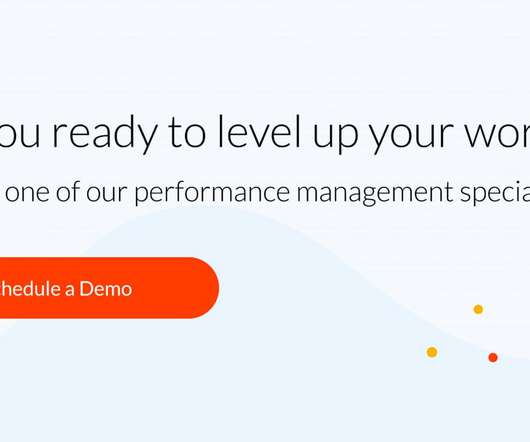5 Ways Employee Recognition Software Pays for Itself
Kazoo
JUNE 1, 2018
For many executives, it is tempting to view employee recognition software as a cost without seeing the full benefit of the investment. It showed that the average payback for implementing Kazoo’s Employee Experience platform was a short 5 months. Employee Recognition Software Improves Productivity.




















Let's personalize your content